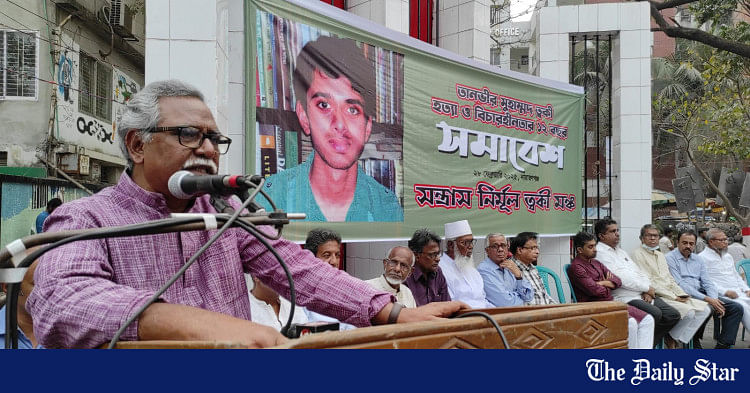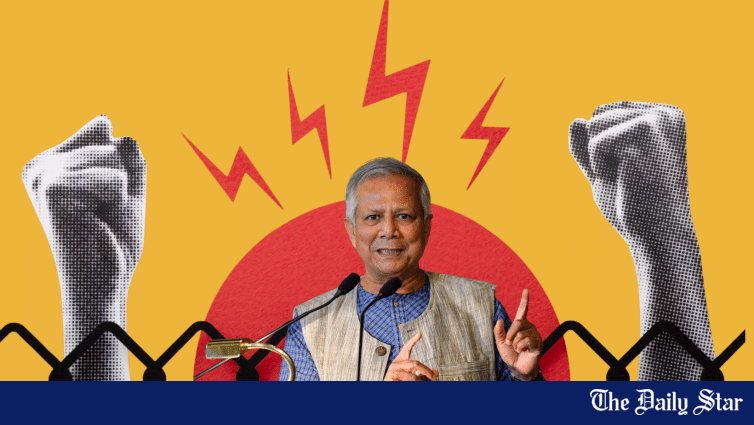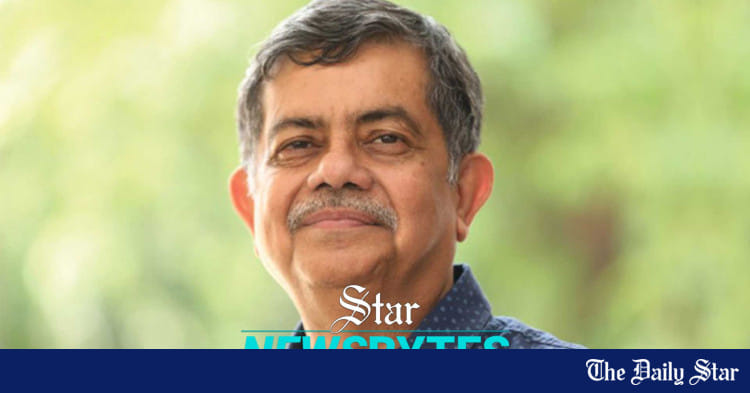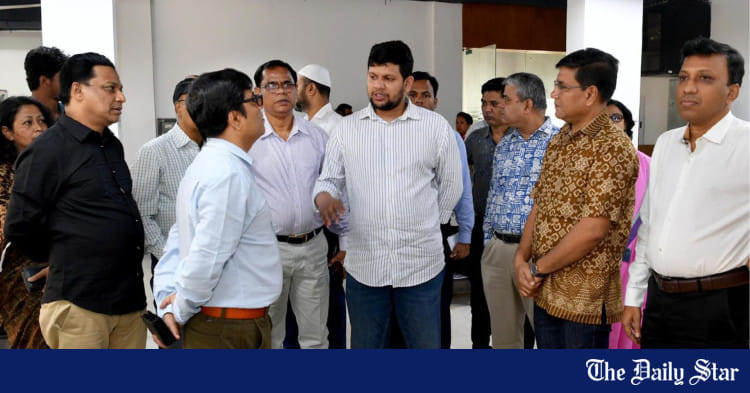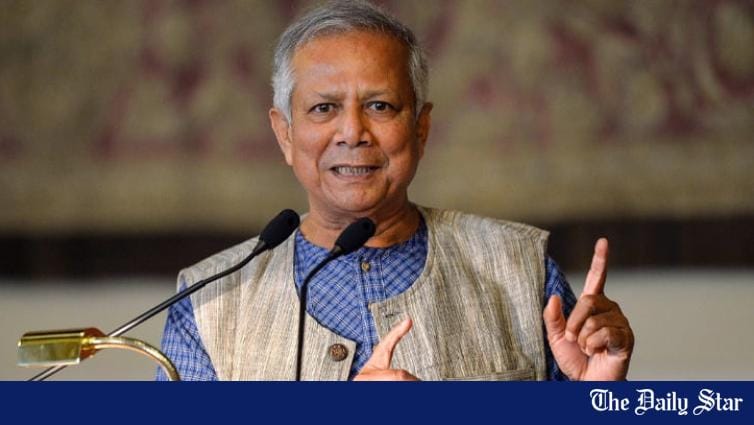Saif
Senior Operative
- 13,242
- 7,269
- Origin

- Axis Group

- Copy to clipboard
- Thread starter
- #161
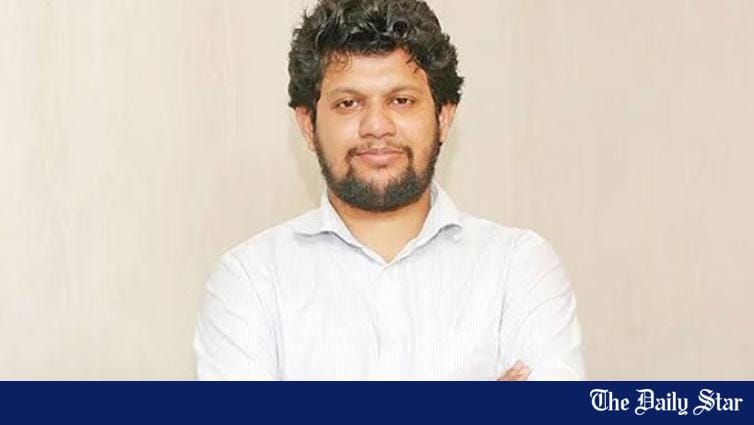
Mahfuj Alam new info adviser
Adviser Mahfuj Alam has been given the portfolio of the information ministry to fill the vacancy left by the resignation of Nahid Islam.
Mahfuj Alam new info adviser
Adviser Mahfuj Alam has been given the portfolio of the information ministry to fill the vacancy left by the resignation of Nahid Islam.
Chief Adviser Prof Muhammad Yunus yesterday made the decision after Nahid resigned as adviser to posts, telecommunications, and information technology, as well as information and broadcasting.
Nahid stepped down from the advisory council on Tuesday, almost certainly to lead a new political party.
Following the portfolio redistribution, Prof Yunus will now oversee the posts, telecommunications, and ICT ministry, in addition to five other ministries.
Mahfuj, who graduated from Dhaka University's law department, was the coordinator of the liaison committee of the Students Against Discrimination, which spearheaded a movement that toppled the Awami League-led government on August 5 last year.
He was appointed as the special assistant to the chief adviser with the status of secretary on August 28, about three weeks after the ouster of Sheikh Hasina.
Mahfuj was later made an adviser on November 10, and since then, he had been serving as an adviser without portfolio.
Adviser Mahfuj Alam has been given the portfolio of the information ministry to fill the vacancy left by the resignation of Nahid Islam.
Chief Adviser Prof Muhammad Yunus yesterday made the decision after Nahid resigned as adviser to posts, telecommunications, and information technology, as well as information and broadcasting.
Nahid stepped down from the advisory council on Tuesday, almost certainly to lead a new political party.
Following the portfolio redistribution, Prof Yunus will now oversee the posts, telecommunications, and ICT ministry, in addition to five other ministries.
Mahfuj, who graduated from Dhaka University's law department, was the coordinator of the liaison committee of the Students Against Discrimination, which spearheaded a movement that toppled the Awami League-led government on August 5 last year.
He was appointed as the special assistant to the chief adviser with the status of secretary on August 28, about three weeks after the ouster of Sheikh Hasina.
Mahfuj was later made an adviser on November 10, and since then, he had been serving as an adviser without portfolio.

